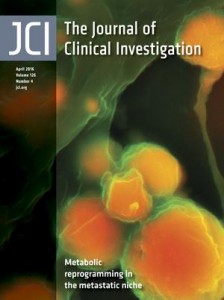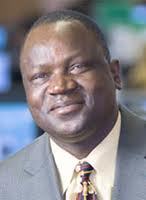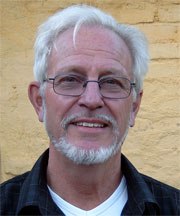
Amidst an ongoing investigation by the University of Belgrade in Serbia into allegations of duplication by neurobiologist Lidija Radenović, a journal is planning to retract another one of her papers.
Radenović has already racked up six retractions; Elinor Ben-Menachem, the chief editor of the journal, Acta Neurologica Scandinavica, confirmed her journal is planning to retract one paper co-authored by Radenović, but did not specify which one. After digging around on the journal’s website, we found only one paper co-authored by Radenović, which was a 2005 study about the molecular changes that follow stroke.
Ben-Menachem, who is based the University of Gothenburg in Sweden, said the retraction note for the paper is “not ready” yet, and declined to comment on the case in more detail, including the reason for retraction. Continue reading Neuroscientist in Serbia set to notch 7th retraction amid investigation








